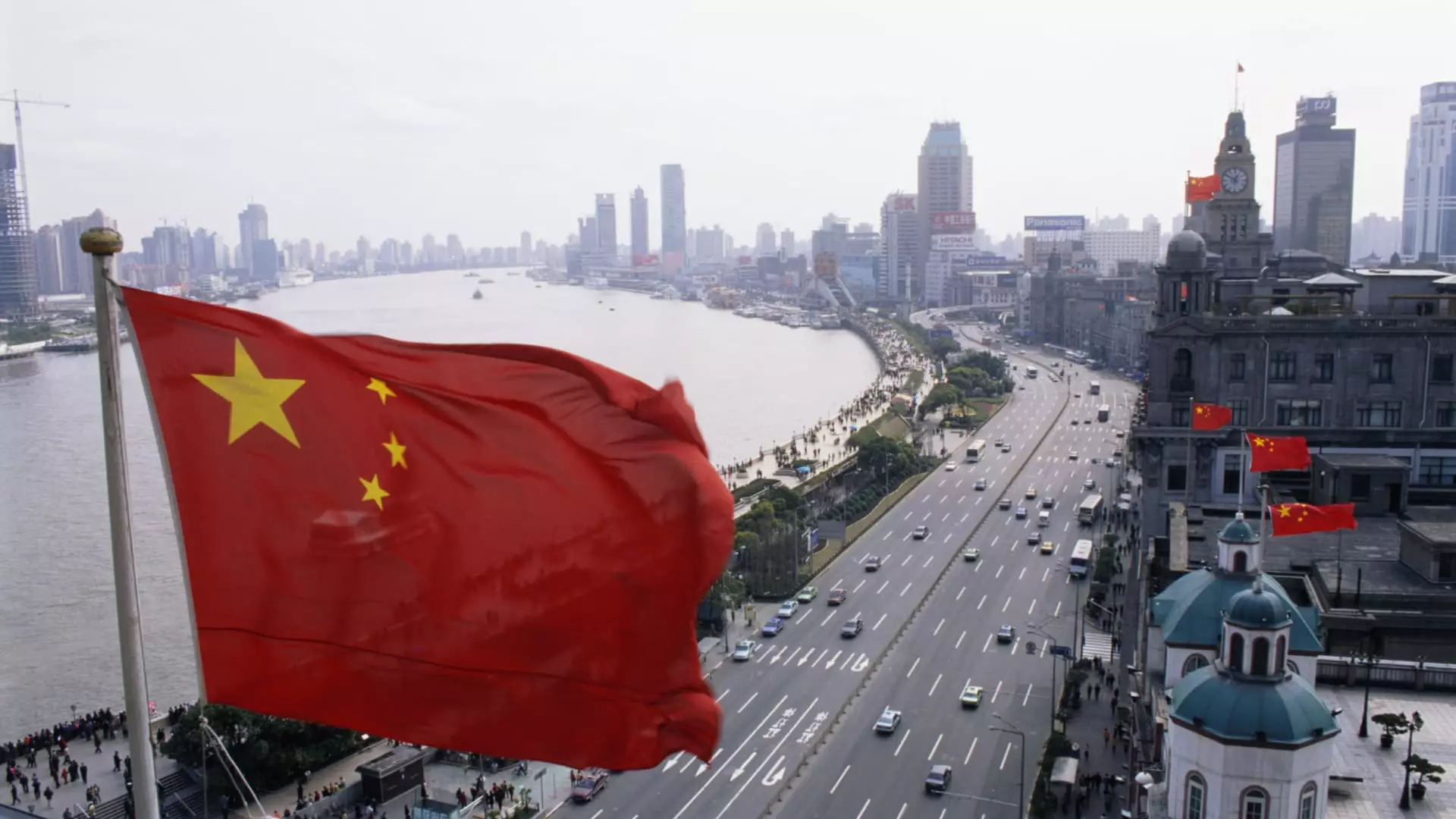The recent shift in tariff policy initiated by U.S. President Donald Trump has sent ripples through the Asia-Pacific markets, compelling a surge in optimism that mirrors a fraying butterfly effect. With the announcement of a pause on tariffs for certain consumer electronics, investors reacted favorably, exemplified by Japan’s Nikkei 225, which rallied by 1.37%. It’s crucial, however, to question the sustainability of this excitement. Are markets genuinely benefiting from genuine policy shifts, or are they merely responding to the transparency of temporary reliefs? Such emotional trading often leads to bubbles that can burst, leaving both investors and economies grappling with the fallout.
The Illusion of Stability
In South Korea, the Kospi index and the small-cap Kosdaq both experienced positive movements, while mainland China’s CSI 300 climbed cautiously. Yet, the elephant in the room remains the uncertainty surrounding these tariff exemptions. Trump’s own statements on Truth Social indicate these are not permanent fixes, essentially creating a fragile truce rather than a solid foundation for economic relations. The ambiguous nature of his announcements raises questions about the administration’s credibility and commitment, leaving markets in a perfunctory state of buoyancy that could quickly dissolve.
Trade Negotiations: Strategic Mystique
More troubling is the context of the negotiations Trump plans to initiate with various countries, including Vietnam, India, South Korea, and Japan. While these geopolitical maneuvers may appear to lay the groundwork for long-term relationships, they can just as swiftly devolve into a high-stakes game of chess where alliances are temporary and based solely on a shared animus towards China. This dynamic places additional stress on trading partners, rendering economic policies subject to whims and nationalistic fervors rather than grounded, cooperative strategies.
The Underlying Risks of a Flawed Strategy
Trump’s motivations appear to pivot less on creating an equitable trading environment and more on short-term political posturing. By dividing products into categories subject to different tariffs, Trump runs the risk of creating a labyrinth of complexity that even seasoned traders may find difficult to navigate. In essence, what markets appear to view as a victory could ultimately be a misguided attempt at fostering protectionism under the guise of reciprocal trade agreements.
The Future of Asia-Pacific Economic Relations
As countries like Japan prepare for critical discussions in the U.S., the atmosphere is fraught with tension and uncertainty. The economic future of the region hangs in the balance, teetering on the precarious edges of impulsive policy decisions. Investors and governments alike must recognize that a mere pause in tariff escalation is not a victory; it could simply be a prelude to more chaotic policy swings. The challenge lies not just in responding to transient bursts of ecstasy in the markets, but also in preparing for the inevitable corrections and eventual unravelings that await us should these ephemeral policies fall short of creating true stability.


Leave a Reply